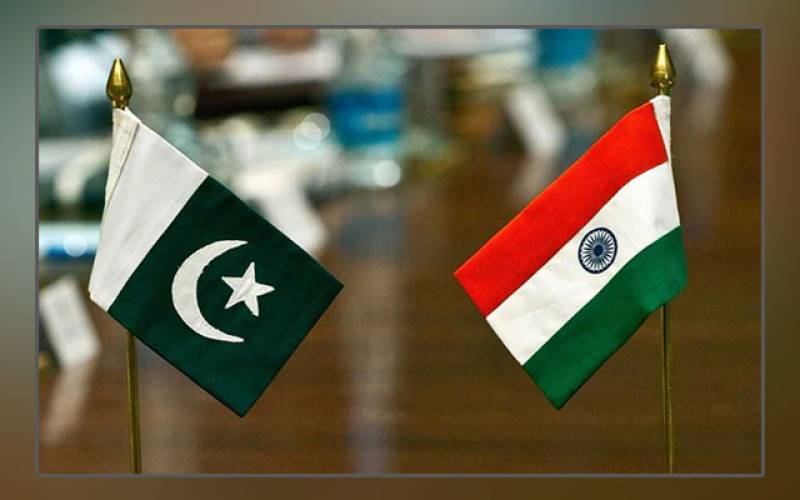New York (Web Desk): India has failed to secure chairmanship of some of the most important subsidiary bodies of the UN Security Council, says diplomatic sources.
According to sources, India’s bid to assume the chairmanship of powerful Al-Qaeda/Da’esh Sanctions Committee and Non-proliferation Committee could not muster support from other members of the 15-nation body.
The sources said that the Indians pushed for, but failed to secure the chairmanship of the powerful “1267” Al-Qaeda/Da’esh Sanctions Committee and the “1540” Non-proliferation Committee, and also to become the custodian of the Afghanistan file in the Security Council.
Aware of India’s narrow bilateral agenda to utilise the Al-Qaeda and Da’esh Sanctions Committee for its own purposes, the vast majority of Council members were opposed to giving India the chairmanship of this key committee.
“It is no secret that New Delhi’s bid for the post was designed to advance India’s own agenda, mainly against Pakistan,” they said.
“The work of the Al-Qaeda Sanctions Committee is too important to be given in the hands of the Indians,” an African diplomat remarked.
Pakistan last year submitted four listings of Indians nationals for supporting the Tehreek-e Taliban Pakistan (TTP) and Jamaat-ul-Ahrar (JuA) in Afghanistan. But these listings were blocked by some of India’s friends in the Al-Qaeda Sanctions Committee.
More recently, Pakistan also conveyed information on the financing and arming of the TTP and JuA, the two terrorist groups listed on the committee’s terrorism list.
Similarly, India’s bid for the Non-proliferation Committee encountered resistance in the Security Council, diplomats said.
Many Western countries considered that India was not suited to head this important panel since it is not a party to the Nuclear Non-Proliferation Treaty ( NPT). This raises a serious question mark regarding New Delhi’s nuclear status.
India also wanted to manage the Afghanistan issue in the Security Council but found that even some of its close friends felt that India’s role would not be positive in advancing the Afghan peace process.
The Afghan file was given instead to two European countries, which the Council members consider will play a more impartial and constructive role in the present delicate phase of the situation in Afghanistan.


